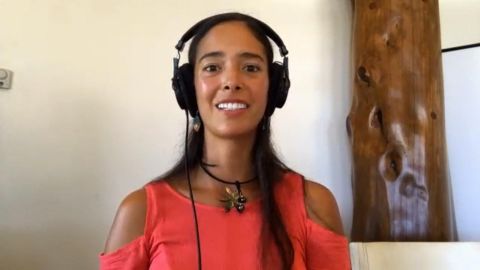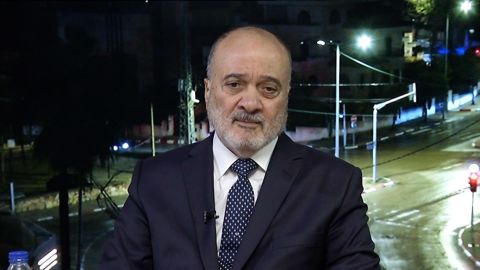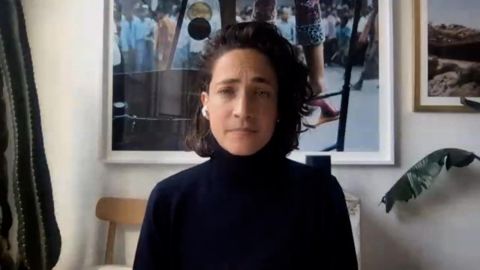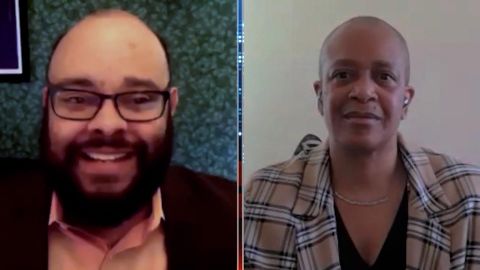Read Transcript EXPAND
CHRISTIANE AMANPOUR: AMANPOUR: Well, it’s amazing, you brought all these gifts back for the children of your homeland, of your island. And also, you have made it a point to create this school out of all sorts of stuff that’s been left there by tourists. Tell me about what you’re doing for the environment and how you built the school.
MAHANI TEAVE, PIANIST: Yes. Well, our idea with other Rapa Nui dreamers, I would say, who also went out of the island to study and bring back tools to help our land was, in a way, to be able to — from the different aspects of environment and music and nature and medicine, to be able to help the island in a way because we want to help the planet. But a place where you need to start is at your own home, you know. And our idea was that by doing this on the island, that is a small cosmos in itself, we could somehow maybe inspire other places as well and maybe ideas could come that could be replicated in other places. So, we created NGO Toki Rapa Nui and built the first music school with recyclable materials, the so-called garbage. We did in a model called Earthship Biotecture led by Michael Reynolds. And we have six years of garbage in our walls and solar panels, spring water collectors, thousands of tires and tens of thousands of bottles and cans. And other of the founders are needing projects that are also related to sustainability. Like the self-autonomy, like food sustainability of the island through agricultural projects which can help diminish the carbon footprint of — the bringing all of these products from outside. And the idea is in a way that we can bring back this ancestral knowledge, this (INAUDIBLE) where we are complete beings (ph). Like through the music, we cultivate our intellect, our spiritual our emotional part, but we also need to be taking care of our body through what we eat, our planet. I mean, we have to be aware and take responsibility about everything that we are doing daily. On a daily basis is where we actually start making a change. And not waiting either for governments because that’s too slow.
About This Episode EXPAND
Paola Ramos; Nasser al-Kidwa; Phillip Atiba Goff; Tracie Kessee; Mahani Teave
LEARN MORE



